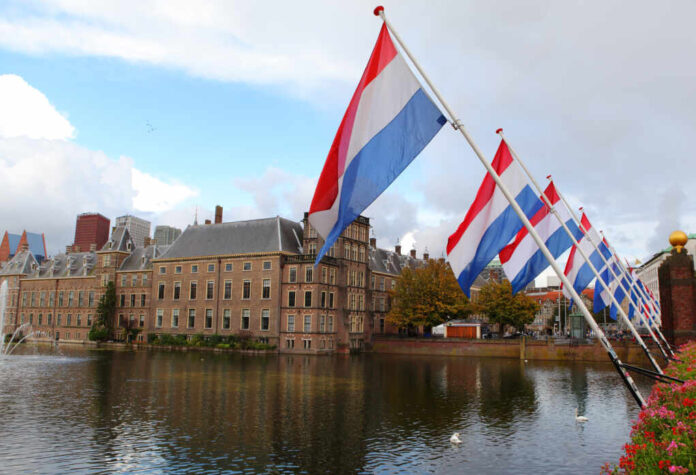
A recent article in NRC, a prominent Dutch newspaper, has warned that citizens in the Netherlands should brace for possible electricity shortages as the country pushes toward green energy. Published on June 14, the article outlines how the growing demand for electricity, driven by the shift to renewable energy sources, is outpacing the development of necessary infrastructure.
The transition from conventional energy to green alternatives like wind and solar, coupled with the need to electrify many industries, is creating significant challenges for the Dutch power grid. This could lead to periods where electricity is not readily available to everyone.
“The message is clear: the Netherlands will have to get rid of the idea that electricity is available at all times and for everyone,” the NRC piece asserts. It also mentions that drastic measures will be needed to avoid major problems, although the effectiveness of these measures remains uncertain.
The Dutch government aims to cut greenhouse gas emissions by 55% by 2030, 80% by 2040, and achieve net-zero emissions by 2050. This ambitious plan requires replacing fossil fuels with renewable energy, necessitating significant improvements in battery storage and the expansion of the power grid.
However, many companies looking to electrify their operations are facing delays in getting connected to the grid. Thousands are on long waiting lists, with some expected to wait several years for their projects to be completed.
According to NRC, Tennet, the system operator for high-voltage power lines in the Netherlands and Germany, predicts the country will face up to 14 hours of power shortages annually by 2033. These shortages may not result in complete blackouts but could cause spikes in electricity prices and force some businesses to temporarily halt operations to reduce demand.















